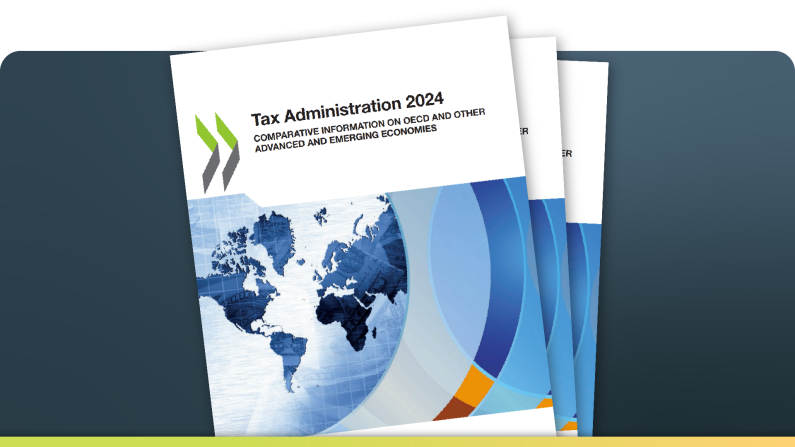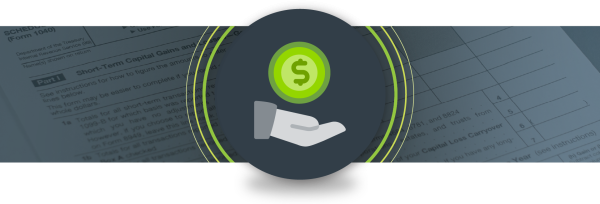Trends and insights from the OECD's Tax Administration 2024 report

The OECD recently released its Tax Administration 2024 report, which looks at data submitted by over 50 OECD and other advanced and emerging economies as part of the International Survey on Revenue Administration (ISORA).
DataTorque’s team of tax reform and transformation experts look forward to the release of this report each year, as it offers valuable insights into the functioning and efficiency of tax systems worldwide, and emerging trends in digital transformation.
Most of our clients across the globe participate in the ISORA process, including Cyprus whose data is included in the OECD report. The value of this report is that it distils a richness of information from many countries to help governments identify potential strategies and initiatives to improve the effectiveness of their own revenue collection.
The ISORA results profiled in the OECD report showed some interesting trends and insights into aspects of tax administration that are common to almost all countries - especially the importance of modern digital solutions.

The ability for taxpayers to contact their tax administration easily is more important than ever.
Tax administrations reported more than 3.5 billion incoming contacts via online taxpayer accounts, over 300 million incoming telephone contacts, and tens of millions of in-person visits, letters and emails.
Designing digital solutions for taxpayers that simplify obligations and let them access the information they need to self-manage their tax affairs is an important area for tax administrations to explore and invest in. Driving down the effort and resources needed to deal with large volumes of taxpayer contacts doesn’t just make for more efficient revenue collection. We also know when tax is simplified taxpayers can meet their obligations more easily, compliance will also improve.

Debt collection remains an ongoing challenge.
The total amount of outstanding arrears at the end of fiscal year 2022 was in the region of €2.7 trillion, with around €810 billion considered collectable. Traditional methods of debt management are struggling to make inroads into this debt stockpile with their one-size-fits-all approaches that lack predictive capabilities and scalability.
Advanced analytics and machine learning provide new opportunities to revolutionise the recovery of tax debt. By leveraging data-driven insights using predictive models, machine learning, and behavioural science, revenue administrations can identify high-risk debtors, forecast payment behaviours, and optimise enforcement strategies. This debtor-focused approach ensures tailored interventions are based on taxpayer characteristics and improving recovery rates, while reducing ineffective efforts.

New developments in data science are influencing compliance risk management practices.
Assessing the accuracy and completeness of taxpayer-reported information is critical to ensuring the integrity of a tax system and accounts for 30% of all staff employed in tax administration. While the fundamentals of compliance risk management haven’t changed, there has been a huge increase in the amount of data available to tax administration for compliance purposes.
With these increasing volumes of data being processed and made available to tax administration, there is also an increasing use of automated electronic checks, validations, and cross-matching of taxpayer information. Tax administrations are adapting their approach to compliance risk management to incorporate these factors to help target risk and reduce the tax gap.
No two countries manage these challenges in the same way – context and jurisdiction size matter greatly. However, digital technologies are becoming a game-changer for all countries, meaning old operating models are being challenged and new approaches to tax administration and compliance tested and refined.
At DataTorque, we're excited to work with a diverse range of clients to explore how technology can transform their operations.
SOURCES:
Tax Administration 2024: Comparative Information on OECD and other Advanced and Emerging Economies
